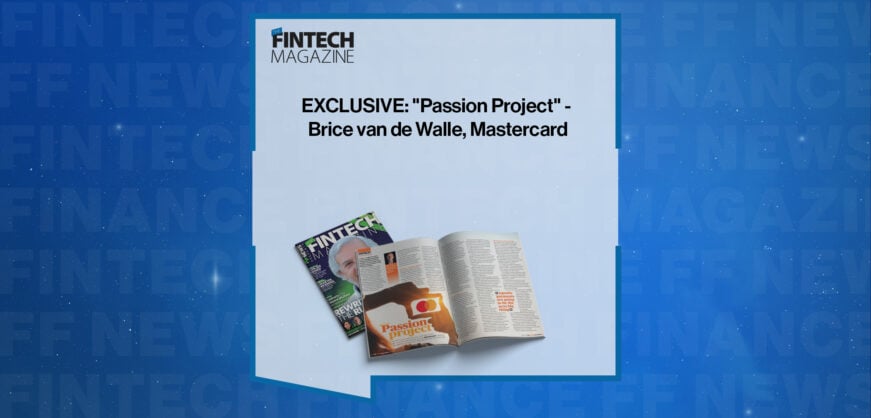Breaking News

Carney’s Call: What it means for Consumers – Fidelity’s Maike Currie Comments
Maike Currie, investment director for Personal Investing at Fidelity International, comments: “Mark Carney might finally be able to shake the moniker of the ‘unreliable boyfriend’, following today’s announcement to increase interest rates.
“Seven of the nine members who make up the Bank of England’s Monetary Policy Committee voted in favour of raising rates by a quarter of a percentage point. The move in the base rate from 0.25% to 0.5% marks the first rate hike in more than a decade – the base rate has not risen since 5 July 2007.
“A strong body of opinion at the central bank, which includes the governor Mark Carney, believe that the UK economy is becoming more vulnerable to inflation, requiring higher interest rates to stave off rising prices.
“Most importantly, what does today’s rate rise mean for consumers?
Savers: “The UK has more savers than borrowers, and those who have been prudent with their money will finally have something to cheer about after having to contend with rock-bottom rates for more than ten years. But with inflation hitting a five-year high of 3%, cash savings which offer a return that beats rising prices, remain scarcer than hen’s teeth. Unless you’re willing to lock up your money for a substantial amount of time, the stock market continues to be your best bet for a real return.
Retirees: “Many retirees are risk averse and tend to favour cash so better returns on cash deposits will be warmly welcomed by retirees. Annuity rates which have been at historical lows could improve with a rise in interest rates, which means those planning on buying an annuity could secure a higher income. Less positive is the possibility that retirees could see a fall in the value of their pension funds. This is because when investors near retirement age, pensions savings are often automatically moved out of the market and into bonds, as a way of de-risking pension savings – a process known as ‘life-styling’. Bond prices tend to fall when interest rates rise, in order to increase the yield and attract buyers.
Borrowers & Mortgage holders: “Today’s announcement spells bad news for all borrowers. Many haven’t seen debt costs rise since July 2007. There are already growing concerns about a UK household debt crisis and today’s rate hike won’t help matters putting increased pressure on Britain’s cash-strapped households who will have more to pay back each month. Those on a variable rate mortgages will be among the biggest losers of a rate rise as they will see their mortgage payments go up, putting further pressure on their household finances, which are currently being squeezed by a deadly combination of high inflation and stagnant wage growth. While the majority (57%) of borrowers are on fixed-rate deals and so won’t be affected by the base rate hikes as long as their fixed rate lasts, according to the Bank of England, the remaining 43% of homeowners on variable or tracker rates will see a hike. And, probably before Christmas.
Millennials: “Those trying to get a foot on the housing ladder, such as millennials, will find that the first rung has just got a little harder to reach as the cost of getting a mortgage goes up. In 2014 new mortgage rules tightened up what you could borrow. Anyone who’s applied for a mortgage recently will know that lenders base their decisions on what borrowers can afford after all their other costs whereas before it was a far more crude calculation based on your income. Any rise in mortgage rates automatically lowers the amount you can borrow.
Investments: “While rising interest rates are likely to hurt those on variable rate mortgages, it could spell good news for investors that are exposed to cyclical sectors of the economy, in particular banks as rising rates gives them greater potential to make money on the difference between the rates on the loans they make and the interest they pay on deposits. Funds that could benefit in such an environment include Fidelity Special Situations managed by Alex Wright. This Select 50 fund has more than a quarter of its portfolio in financials, including Citigroup and Lloyds Banking Group, both of which stand to benefit if interest rates rise.
Property: “What Mark Carney says alongside today’s rate rise – his so-called ‘forward guidance’ is arguably more important that the widely anticipated interest rate hike. The worry is that the first rate rise in more than 10 years could have a big impact on the mindset of consumers, who are already worried about rising prices, stagnant wages and the long shadow cast by Brexit. A burning question is whether the UK’s property market goes into temporary hibernation. Housing market trends really depend on developments in the wider economy and given the squeeze on UK households’ spending power, many may be reluctant to commit to a major financial transaction such as buying a house. Add rising interest rates to the mix and the psychological impact on the property market could be significant.”
- EXCLUSIVE: “Passion Project” – Brice van de Walle, Mastercard in ‘The Fintech Magazine’ Read more
- FreedomPay Drives Global Merchant Innovation Read more
- FIS Brings AI-Powered Advancements to Seamless, Personalized Digital Banking Experiences Read more
- Citi Ventures Invests in BVNK to Power the Next Generation of Financial Infrastructure Read more
- Nearly Two-Thirds of Global Retailers Say Payment Method Flexibility Drives Revenue Growth, ACI Worldwide Survey Finds Read more













